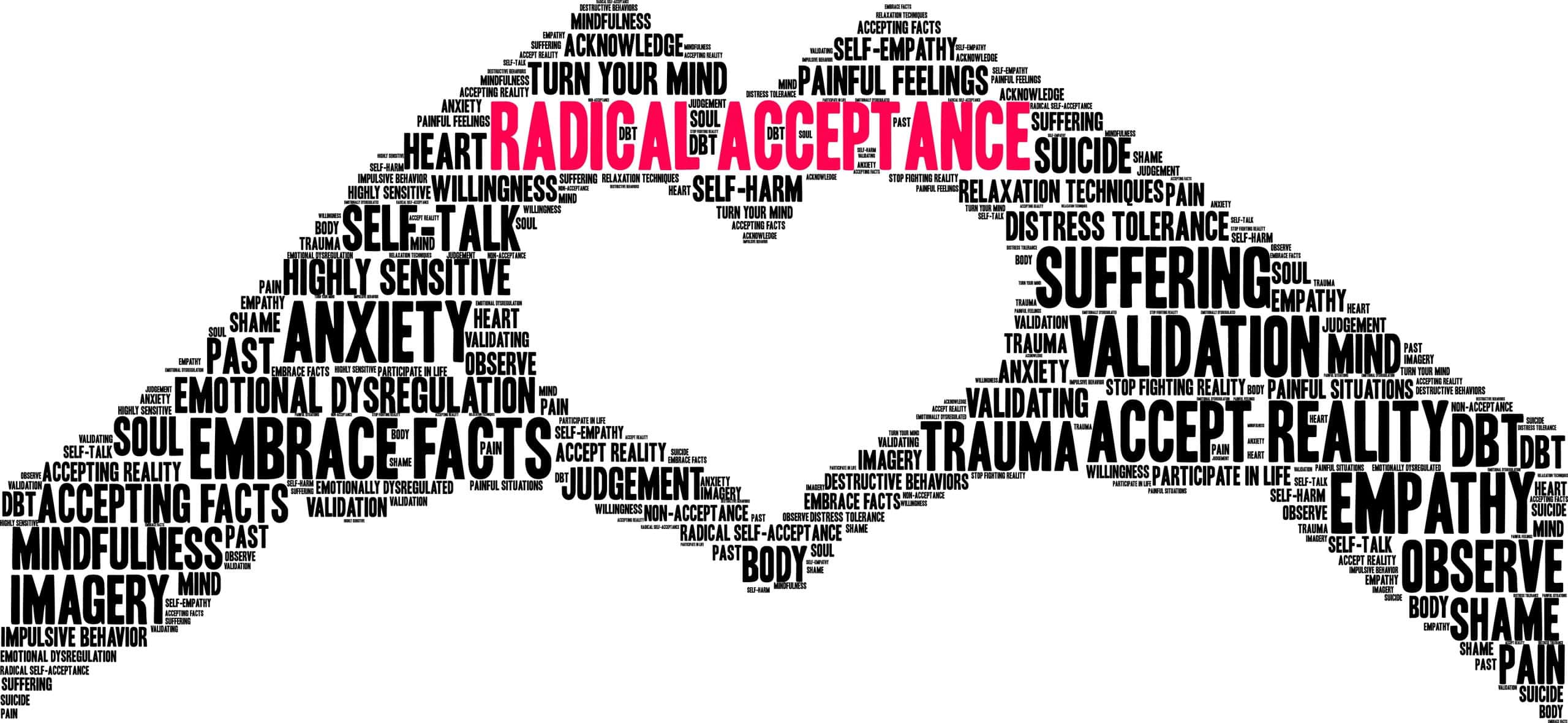We Are Disturbed Not By Events
Posted on October 11, 2024
By Tom Horvath, PhD
“We are disturbed not by events, but by our views about them.” - Epictetus, 60-138 CE
Bad events happen to all of us. To some of us, they happen to a great extent. Whether we have first-world problems, third-world problems, or something else, our problems focus our attention. We want to solve them. In some cases, solving problems means changing or exiting a situation.
In many cases, however, there are no obvious changes or exits to make. What now? These types of problems require a change of “view.” Psychologists and others who help people change their “views” have used many terms to describe what needs to be changed to address these types of problems:
perspective
perception
context
viewpoint
beliefs
point of view
interpretation
*gui...
full story


